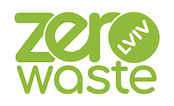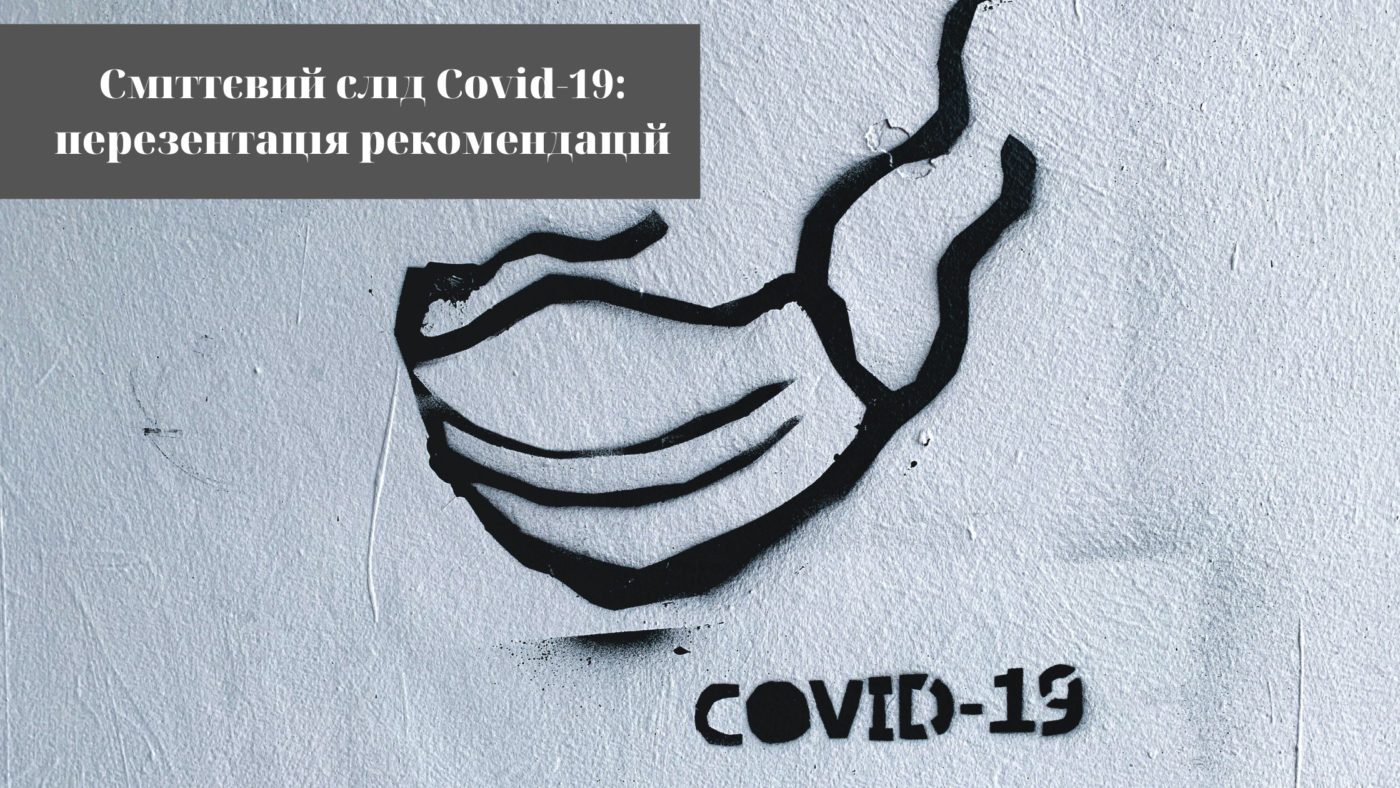On October 15, an online presentation and discussion of the preliminary results of the “Study on the Impact of the COVID-19 Pandemic on Solid Waste Generation” was conducted in Lviv by the NGO Zero Waste Lviv (Lviv), the NGO Ekoltava (Poltava) and the Custom Research Agency Fama, with the support of the International Renaissance Foundation and the Embassy of Sweden in Ukraine and with the advisory support of experts from Zero Waste Europe.
The following work was performed as part of the Study:
- Input information on the state of the waste management sector in the studied cities (Lviv, Truskavets, Poltava, Myrhorod) was collected.
- A morphological study of solid waste in Lviv and Poltava, as well as an expert assessment of the structure of solid waste were carried out.
- 34 in-depth interviews with government officials, solid waste carriers, recycling center owners, catering and retail establishments were conducted.
- A content analysis of media reports on the correlation between the topics of quarantine and waste management in the period from 1 to 30 April 2020 was undertaken.
- An analysis of the protocols of commissions of technogenic and environmental safety and emergencies in the studied cities and the orders of the Ministry of Health on functioning of food establishments, retailers, hotels, beauty salons and hairdressers was carried out.
- Foreign experience of responding to pandemic challenges was analyzed.
“Actually, we in Lviv worked hard before quarantine to reduce the amount of waste that cannot be recycled. In particular, the campaign to reduce the turnover of plastic bags “Without polyethylene”, during and after which we managed to achieve a lot, was indicative of our activities. Therefore, when we saw that with the onset of the pandemic the amount of solid waste increases, we wanted to understand what is happening in this area now,” says Iryna Myronova, Executive Director of the NGO Zero Waste Lviv. “One of the carriers reported in April that, on the one hand, in the center of Lviv, where the main number of city’s hotels and restaurants is concentrated, the amount of waste decreased, on the other hand, the amount of waste increased in container sites of the residential sector. Therefore, one of the objectives of this project was to investigate what exactly happened to waste during the pandemic and in comparison with foreign practices and to develop recommendations for waste management during the pandemic.”
“In the process of research, we faced difficulties related to waste accounting: it is almost not maintained. If it is, then, most often, the parameters are different and non-uniform, due to which it was not possible to conduct a quantitative analysis. The obtained information of the qualitative part of the study is based on expert interviews with representatives of local governments and carrier companies, the morphological analysis of waste was carried out in parallel. Based on the data obtained, we were able to identify these vulnerabilities and shape our recommendations for local self-government,” said Mariana Malachivska, Executive Director of the Fama Custom Research Agency.
You can watch the presentation at the link – https://youtu.be/wIcZMiICF-U


 UA
UA